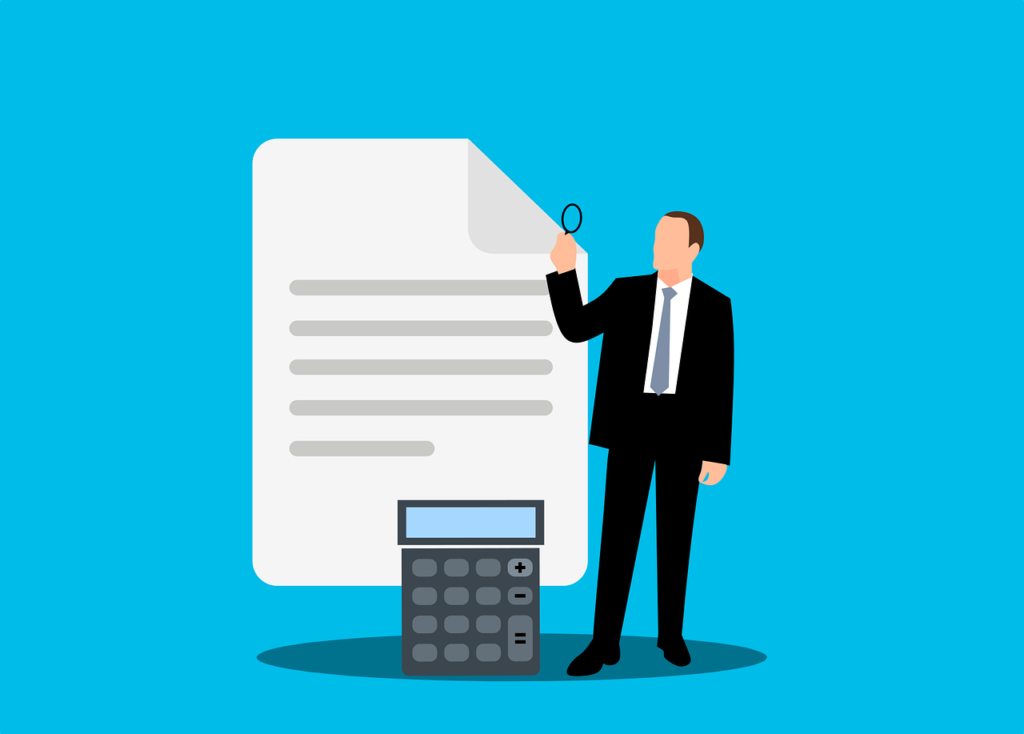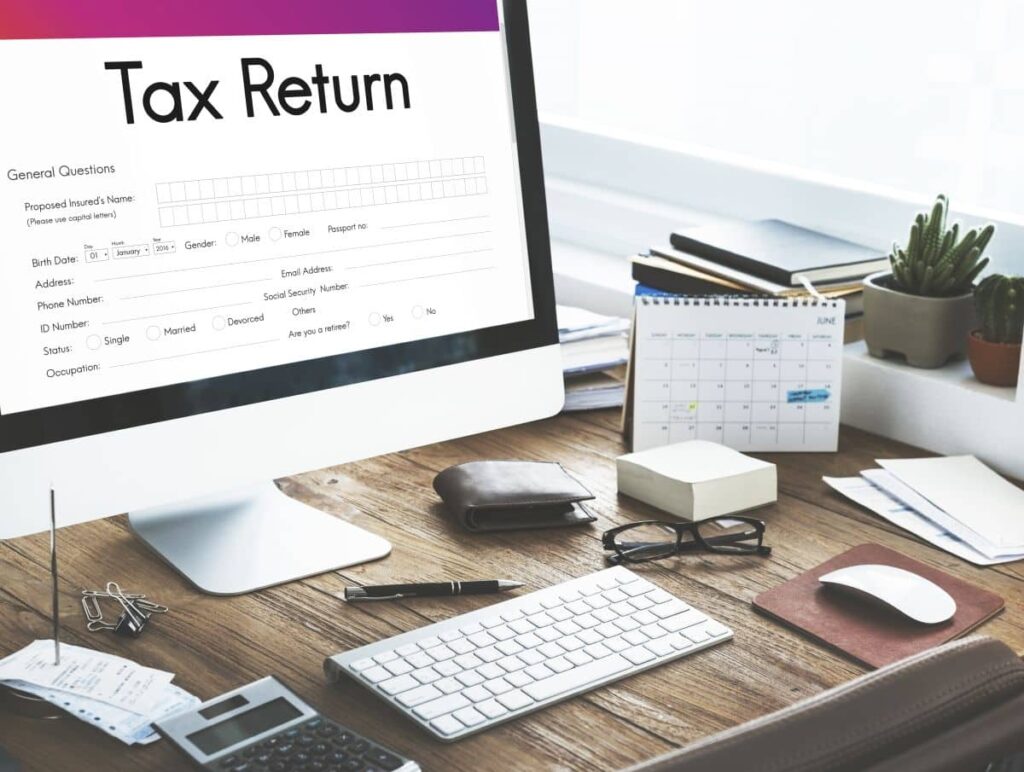Easy Ways to Reduce Your Taxable Income in Australia
If you’re an Australian trying to lower your taxable income, there are a few simple steps you may take. This blog post will cover three easy ways to lower your taxable income and how much money each one may save you in taxes!
How to Reduce Taxable Income
What are the simplest methods to pay less tax in Australia this year? We’ve compiled a list of 15 simple strategies to pay less tax so you may get closer to your savings and debt-reduction goals.
Operate salary sacrifice
Salary sacrifice is one method for learning how to save tax in Australia. This is known as “salary packing,” and it operates in a variety of ways. A taxpayer who uses salary sacrificing would put some of their pre-tax income toward a benefit before being taxed. Motor vehicles and superannuation are two of the most prevalent salary sacrifice perks.
As a result, an employee would forego a portion of their pre-tax compensation before receiving it. They could employ income sacrifice to pay for a new car, computer, insurance, rent, mortgage payments, and other advantages, for example. “Fringe benefits” is another term for these perks. With a few exceptions, they can save Australians thousands of dollars in taxes each year.
Salary sacrifice, commonly referred to as salary packaging, has a limit. Additionally, the Fringe Benefits Tax, or FBT, may affect the types of benefits your employer provides. Employers may, for example, offer a wage package that includes a novated lease on an automobile. This is a contract between your company, yourself, and a lender that allows you to get a new car while lowering your taxable income. Consider salary packaging your superannuation if you want to increase your payout this year.
Maintain accurate financial and tax records
The ATO is now significantly more likely than it was a few years ago to ask numerous questions regarding your tax deductions. You’ll have to show them receipts for tax deduction claims if they question about your deductions.
Unfortunately, not having a good filing system can lead to a lot of problems when it comes to tax season. This is because, due to a lack of good record-keeping, many Australians miss out on deductions they are legally entitled to. The ATO will keep your hard-earned money if you make this error.
Many folks are unsure if they need to keep track of each and every deduction. However, keeping track of deduction receipts is the greatest thing to do when claiming deductions and pleasing the ATO. This will make remembering what you can claim a lot easier. It isn’t necessary to keep meticulous records.
Each week, set aside ten minutes to download statements and update logbooks. Keep all of your receipts in a file folder or filing cabinet that is easily accessible, well-organized, and simple to use. Maintaining proper tax records can save you time at the end of the fiscal year when you’re looking for things, and you’ll be able to claim your deductions and pay less in taxes as a result.
Claim ALL Deductions
You should claim any money you spend on anything that has to do with earning money. To pay less tax in Australia, make sure you declare all of your deductions.
Even seemingly tiny actions might build up to considerable money savings at the end of the year. You can still claim the money you spent on something used for work as a work-related tax deduction if you buy it used for work but use it occasionally during your time off the clock.
Keep your receipt of purchase and ask your tax advisor when you file if you may claim a specific item as a work-related tax deduction. It’s always preferable to save receipts and not claim an item than to throw them away and lose out on tax benefits.
A Mortgage Offset Account might help you save money on taxes

If you have a home loan, a mortgage offset account allows you to offset non-deductible home loan interest with interest on standard, taxable deposit earnings. Taxpayers can open a savings account with their lender under this arrangement.
However, rather of paying interest on the entire loan, taxpayers are charged interest on the loan minus the money in the savings account.
Add to Your Super (or Your Spouse’s) to Save Tax in Australia
Once deposited into a super fund, concessional super contributions are taxed at a rate of 15%. This differs from being taxed at a marginal rate, which can be as high as 49%.
What are the various sorts of concessionary contributions available to you? To reduce your taxes, you can make the following concessionary contributions:
- Salary sacrificing
- Personal deductible contributions
There is no income tax limit on salary sacrifices. Self-employed taxpayers or unsupported taxpayers can make contributions to their supers and also claim a full tax deduction.
Acquire Private Medical Insurance
If it makes sense, you should do it. For example, if you don’t have private hospital insurance yet earn more than $90,000 per year as a single person or more than $180,000 per year as a family, you will pay a minimum of 1% Medicare Levy Surcharge.
The Medicare Levy Surcharge is levied on top of an obligatory 2% Medicare Levy that most taxpayers must pay anyway.
Basic commercial health insurance policies can cost less than the 1% Levy Surcharge on your gross income, which is less than the Medicare Levy you’d pay if you didn’t have insurance. So, for some people, paying for private healthcare to save money on taxes may be worthwhile. Depending on your needs and medical history, private healthcare may be worth it because of the frequently reduced wait times.
Reduce your capital gains and taxes
Capital gains tax applies to any large assets sold in a given financial year, such as stocks or real estate. You will be assessed a 50% capital gains tax on top of your marginal tax rate if you have held the investment for at least one year. Taxes on capital gains must be paid in the year they are realized. Losses, on the other hand, can be carried forward but not back. Prepaying deductible interest might also reduce taxes due within the financial year.
You can prepay expenditures for up to twelve months on investments. This financial year, interest on investment loans and management fees can be recovered. Prepaying your taxes can help you save money if you have a large tax bill due to the sale of an asset this fiscal year.
When it comes to taxes and property, if your property is your principle place of residence, or PPOR, you will be free from Capital Gains Tax. You can claim the principal residence exemption from Capital Gains Tax for your home, for example. You must have lived in the house or the property must have a dwelling on it that you live in to qualify for it. Find out how to lower your capital gains tax on property used for business or investment.
Hold investments in a discretionary family trust
High-income earners who want to shift some of their income to family members in lower tax categories may benefit from a discretionary family trust.
A correctly formed discretionary trust permits trustees to disburse to the most appropriate members based on their tax position, allowing beneficiaries in lower tax brackets or those with no other income to take advantage of the $18,200 tax-free threshold.
Any capital gains can be given to recipients who have capital losses or who can take advantage of the 50% discount. Beneficiaries who can utilize the imputation credits to lower tax on other income may also get franked dividends.
If an asset is kept for more than 12 months, trusts can take advantage of the 50% CGT discount.
Purchase an investment bond

Investment bonds (sometimes referred to as insurance bonds) are tax-free investments that can be utilized to generate wealth. They are a form of life insurance policy with managed fund characteristics that are sold by life insurance companies and building societies.
Earnings from bonds, such as interest and capital gains, are omitted from an individual’s income because the bond provider pays a 30% internal tax rate, leaving nothing to declare on a tax return. After ten years, there is no more tax to pay.
Investors can increase their investment in the fund as long as it does not exceed 125 percent of the initial investment. The 125 percent rule kicks in, reverting the 10-year benefit to year one for the newly invested sum.
Examine your income package
To lower your taxable income, consider salary sacrifice. Salary sacrifice is when you and your employer agree to pay for certain things or services out of your pre-tax income.
Many things can be salary sacrificed, including electronic devices, automobiles, childcare, private health insurance, super, and so on.
Most firms will offer salary sacrifices to super, but it is wise to inquire about other advantages offered by your workplace.
Anyone earning more than the $18,200 tax-free level is eligible for salary sacrificing. However, it is best suited to people with middle to high incomes.
Simple and legal tax-saving strategies
You may start doing a few things right away to avoid paying excessive taxes at the end of the year.
Remember to think about each of these in the context of your entire financial status, ambitions, and constraints. If you’re still undecided, consult with a tax accountant.
- Deductible expenses should be paid in advance. Reduce your taxable income by paying costs this fiscal year. Less money means less tax.
- Profit from the capital gains tax break. A capital gain is a profit gained on the sale of an asset. Because any profit is considered income, you must pay tax on it. Individuals, trusts, and superannuation accounts may all qualify for discounts, but advance planning is essential.
- Create a company because it is a separate legal entity with different and sometimes cheaper tax rates than individuals.
- Create a trust to save money on taxes and preserve your assets. There are numerous types of trusts, each with its own set of advantages.
- Create your self-managed super fund (SMSF). Fees are reduced, while contributions and investment income taxes are reduced. Profit from the unique tax-efficient investment options available only to self-managed super funds.
- Log all business-related kilometres you travel to claim car expenses.
- Use negative gearing to your advantage. Your taxable income is reduced through negative gearing. When the income from an investment property is less than the loan repayments and maintenance costs, it compensates the losses.
- Superannuation contributions are included in the salary package. By putting your salary into a super fund, you can lower your taxed income.
- Prepare in advance. A well-planned tax approach will put you in complete control of your year-end tax bill with no unpleasant surprises. Pay no more than is necessary.
Tax tricks that will get you into trouble
The ATO is on the lookout for these tax avoidance tricks, so if you’re heading in the direction of any of these, stop now.
- Excessively large deductions or tax offsets when compared to investment income.
- Mixing private expenses with business expenses
- Investing now, with no return until later years, if ever
- Complex financing arrangements with no obvious commercial purpose
- Creating a loan that may never need to be repaid
- Claiming deductions that may never be paid for
Tax evasion tactics must be avoided at all costs.
Unfortunately, there are always a few unsavoury persons hiding in the wings, eager to lead the unwary astray when it comes to money concerns. So be cautious of any scam that appears to be too good to be true.
“Tax avoidance strategies range from mass-market (publicly publicized) to boutique (private) setups (specialist financial arrangements offered directly to experienced investors). Some are targeted at individuals and may take advantage of people’s social conscience and charity. Others are after self-managed pension funds.” – Australian Taxation Office
Complex transactions or distorting the way funds are used to avoid tax or other tax responsibilities are common features of tax avoidance strategies.
Be on the lookout for structures to arrangements that:
- Incorrectly classify revenue as capital
- Exploit concessional tax rates, such as those available to superannuation funds
- Illegitimately release super funds early
- Inappropriately move funds through several entities (such as a series of trusts) to avoid or minimise tax that would otherwise be payable.
You don’t want to pay more tax than you have to. It’s essentially giving money away, and you have goals for your money and your future.
Tax planning may appear complicated, or you may believe you’ve covered all the bases. But it’s the little things that count. And when your income is above average, small details might add up to big savings.
Many savvy professionals and business owners are able to wring even more money out of their earnings by paying the bare minimum of taxes.
However, preparation is required. The more tasks you put off until tomorrow, the more money you’ll give away at tax time.
So take action today. Examine the suggestions in this article and choose one thing to accomplish this week – examining your house and investment loans is a good place to start.
Take a step in the correct path, and you’ll soon be relaxing on that Fijian beach.




















